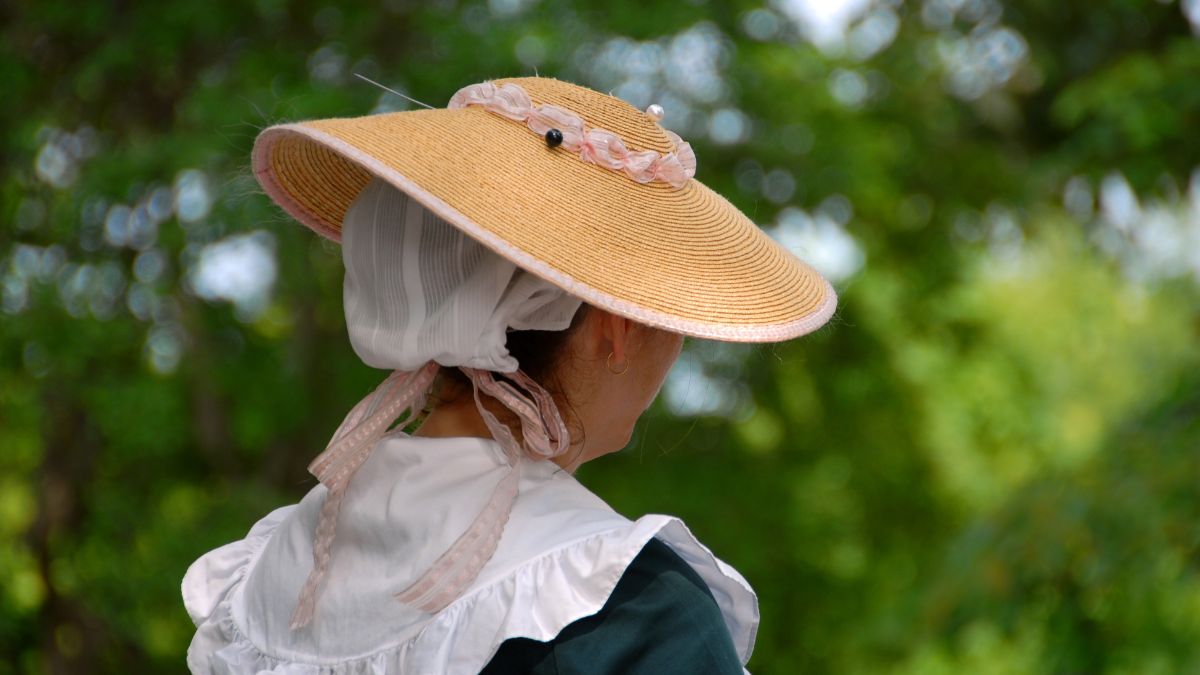Kalidasa (Classical Sanskrit Literature)
Kalidasa (Classical Sanskrit Literature)
The Role of Women in Colonial Societies: Exploring the experiences and roles of women in colonial contexts.

The Role of Women in Colonial Societies: Exploring the experiences and roles of women in colonial contexts.
In the tapestry of history, woven with the threads of human endeavor and societal evolution, the role of women in colonial societies emerges as a compelling narrative of resilience, adaptation, and profound influence. This exploration into the experiences and roles of women in colonial contexts unveils a saga of unsung heroines whose lives and legacies shaped the very fabric of the societies they inhabited.
Imagine the vast expanses of colonial territories, where the untamed wilderness met the burgeoning ambitions of empires. In these landscapes, women, often overlooked in the annals of history, played pivotal roles that transcended the domestic spheres to which traditional narratives have often confined them. Their contributions were as diverse as the colonies themselves, ranging from the cultivation of the land and participation in trade to acting as mediators between cultures and even taking up arms in defense of their homes.
The colonial era, marked by the collision of cultures and the imposition of foreign rule, saw women navigating a complex interplay of power, identity, and resistance. In North America, European women settlers encountered Indigenous societies where women’s roles were integral to the community’s social and economic fabric. These interactions, sometimes cooperative, often contentious, led to a cross-pollination of practices and ideas that challenged and reshaped gender roles in both indigenous and colonial societies.
Far from being passive observers, women in colonial societies were active participants in the economic life of their communities. In the Caribbean and South American plantations, African women, enslaved and free, utilized their knowledge of agriculture and healing to not only sustain their communities but also to carve out spaces of autonomy and resistance within the oppressive structures of slavery. Their expertise in cultivation and herbal medicine was indispensable in these colonial economies, highlighting the crucial but often unackreciated intersection of gender, knowledge, and survival.
The role of women in colonial societies was also characterized by their involvement in the resistive fabric of these communities. In the shadow of colonization, women’s bodies and identities became battlegrounds for resistance and assertion of cultural identity. From the heroic acts of Nanny of the Maroons in Jamaica, who led her people in guerrilla warfare against the British, to the strategic involvement of women in the American Revolution, women across colonial societies leveraged their roles as caretakers, communicators, and leaders to challenge colonial rule and advocate for the rights and dignity of their communities.
Moreover, the colonial context catalyzed the emergence of women as intercultural mediators. Figures like Pocahontas and Sacagawea not only navigate the treacherous waters of cultural interface but also became symbols of the potential for understanding and collaboration across divides. Their stories, though romanticized, underscore the critical roles women played in bridging worlds, facilitating trade, negotiations, and cultural exchanges that shaped the course of colonial histories.
The experiences and roles of women in colonial societies are a testament to the indomitable spirit of women who, in the face of daunting challenges and constraints, shaped the destiny of their societies. Their stories, rich with courage, innovation, and resilience, challenge the conventional narratives of history and offer a more nuanced understanding of the colonial experience. As we delve into the past, the lives of these women inspire awe and admiration, urging us to acknowledge and celebrate their contributions to the complex mosaic of human history.